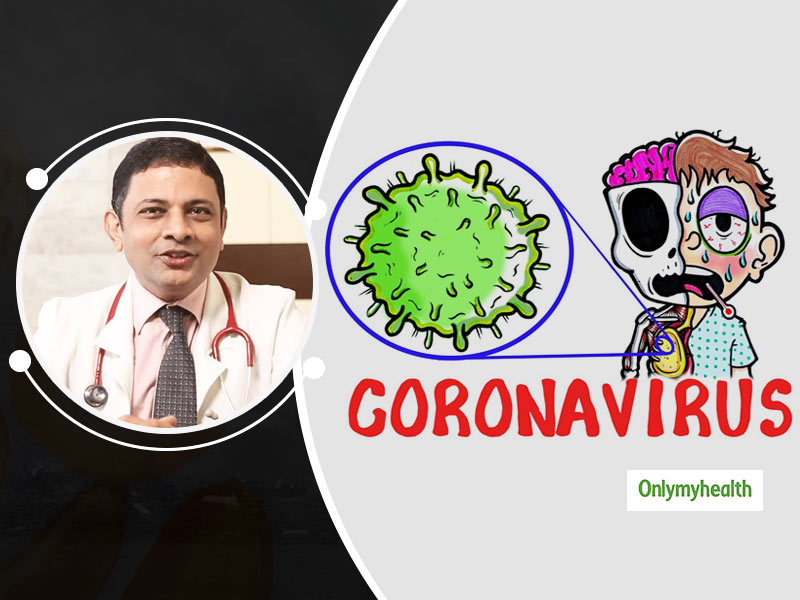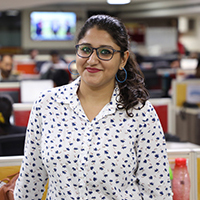
Coronavirus disease (COVID-19) broke out in China in December 2019 and has taken a heavy daily toll since then. As of 3 March, this deadly virus affected over 89,000 people globally, with a total death toll exceeding 3,000. In China, alone, of the 80,151 confirmed cases, over 44,000 people have recovered, and 2,943 (or 3.6%) have died. The coronavirus has spread to 60 more countries including India.
Coronaviruses are zoonotic – zoonosis is an infectious disease caused by bacteria, viruses and parasites spread from animals to humans – and investigations have revealed that MERS-CoV was transmitted from dromedary camels to humans, while SARS-CoV was transmitted from civet cats to humans.
Prevent Coronavirus
Importance of regular hand washing by Dr Mukesh Sanklecha
Key measures that need to be taken to prevent the spread of the disease include regular hand washing, covering the mouth and nose while coughing or sneezing and cooking meats and eggs thoroughly. The four important symptoms that one should be concerned about are fever, cough, breathlessness and lose motions.
Some festive precautions:

Also Read: Recurrent Chest Pain Could Be Sign Of Heart Attack
How does one reduce the risk of getting the Coronavirus? There are four key steps that need to be taken by all of us. They include:
- Frequent washing of hands
- Using hand sanitizer

- Adopting the right way to wash hands
- Using hand sanitizers correctly.
One of the key measures to be taken to avoid exposure to the Coronavirus is that one should wash hands frequently. You must wash your hands before and after cooking and eating, after touching raw food and, of course, when your hands are dirty. Importantly, you must also wash your hands after coughing or sneezing, meeting people who are ill, after using toilets and after touching animals. This is a first in the world of handwashes and an extremely affordable handwashing solution. It is as affordable as bar soaps whilst being more hygienic. Hand sanitisers are also key to prevent the onset of such diseases.
Also Read: Know Why Heart Stroke and Cardiac Arrest Are Frequent While Bathing

Be aware of the threats
- Everyone must be aware of the threats posed by these new illnesses such as the COVID-19 and to prevent one from getting infected.
- One should wash hands the right way to prevent the spread of such diseases.
- Use lukewarm water and handwash over soap whenever possible.
- Handwash can reduce transmission rates of viral infection of any disease to a dramatic extent.
Handwash techniques are also unique. The water should be slightly warm and once you apply soap, lather it for 20 seconds. It is the time taken to sing ‘Happy Birthday’ twice. Lather your hands thoroughly, clean the area between the fingers and under your nails and then wipe your hands with a tissue. You must use the tissue even to close the tap and then dispose it of properly. Importantly, at the risk of appearing repetitive, one should target the area between the fingers and under the nails.

There are three key points to note on the right way to use a hand sanitise: pour, rub and wait till it dries completely.
- In the case of kids, they cannot wash their hands properly all the time, so the use of a sanitiser makes a lot of sense for them.
- Sanitising hands before having a meal is very important, both for children and even adults.
- Other preventive measures that need to be taken include avoiding raw or uncooked food and avoiding meat markets.
- And of course, avoid travelling to China and neighbouring countries where the disease is spreading.
(With inputs from Dr Mukesh Sanklecha, consultant paediatrician at the Bombay Hospital Institute of Medical Sciences)
Read More in Other Diseases


.jpg)




